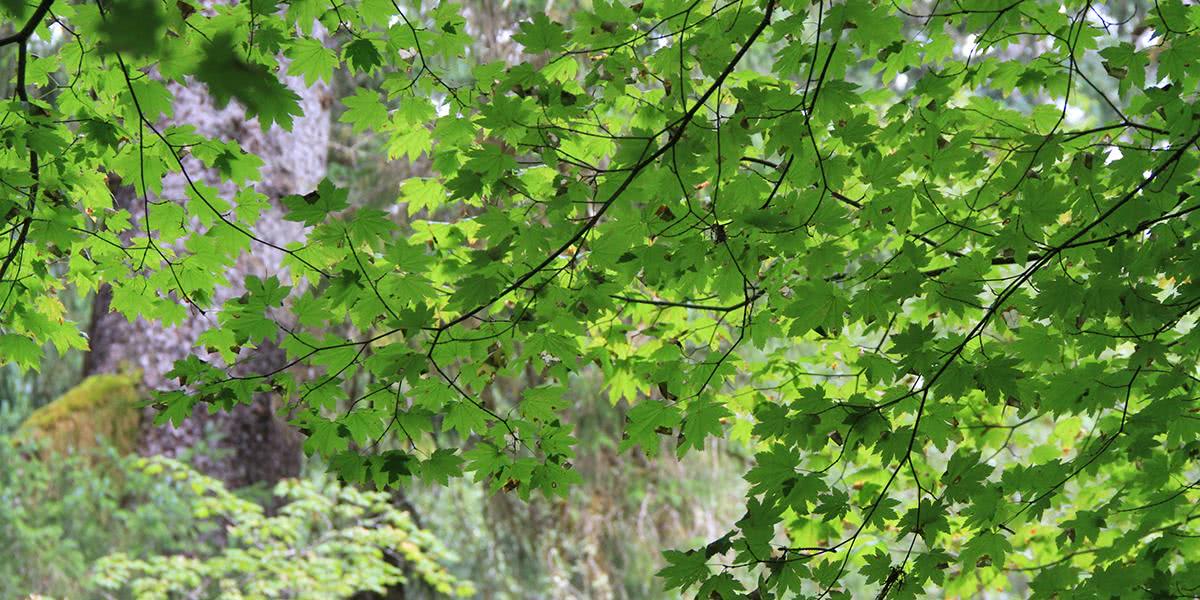As a fourth year medical student who is interested in becoming a rural family physician, I have been researching rural training sites for residency. For two weeks in October, l was pleased to be offered the opportunity to rotate through the Colville Rural Training Track which is associated with Family Medicine Spokane.
Established in 1986 as the first family practice rural training track site in the United States, this program has been used as an example for other rural residency programs in the country. The residency training track is located in Colville, WA, which is neatly nestled in northwestern mountains of Washington State. With a population of about five hundred, the medical facilities serve surrounding areas which are more rural even than the town of Colville itself.
Wide variety of services
The outpatient part of the program rotation is divided between three clinics, two in Colville and one in the neighboring town of Kettle Falls. Inpatient work is done at Mt. Carmel Hospital in Colville, which is staffed with more than the average number of specialists for a town of this size.
During my stay, the site coordinator Dr. Sam Artzis arranged for me to rotate with some of the physician educators and residents who participate in the program. On several occasions I worked with family physicians and residents in the clinic setting, and in the ER a couple of times. I also was able to work with an internist, an orthopedic surgeon and a dermatologist.
I was impressed with the main hospital facility, which is very modern with surgery units, an ICU, ER, labor and delivery services, and an obstetric unit. It was surprising and refreshing to find full obstetric services in a place this small. All of the staff physicians and nurses were very friendly and helpful. I felt at home in a very short period of time. In hindsight I wish I could have spent a whole month in the area.
A sense of community
Probably my favorite part of the rotation was the home visit to a sharp, but elderly lady who was a patient of Dr. Artzis’. I believe that the disappearance of the home visit was a detriment to those patients who cannot easily get out to their appointments, but still need good continuity of care. I was pleased to find the home visit still alive and well in Colville, as this is something I am looking for in a residency program.
Given the short period of time that I was in Colville I was really able to get a feel for the area and gain an appreciation for the sense of community in addition to learning about the rural residency program.

